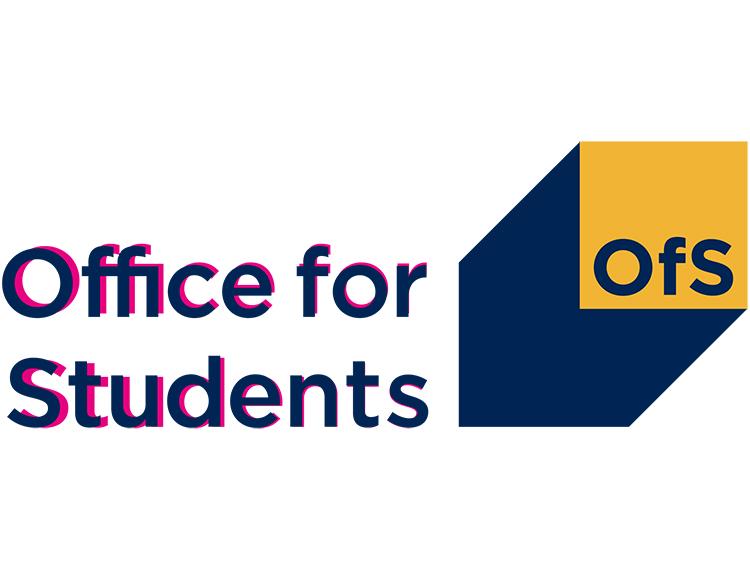Students can now see new average earnings data on Unistats


This is the first time detailed subject level data has been made available publicly. This means that we are showing data for French specifically, for example, rather than grouping together earnings for all language subjects.
The new data from the Longitudinal Education Outcomes (LEO) dataset links student data with data from Her Majesty’s Revenue and Customs and the Department of Work and Pensions to create an extensive dataset of graduates working or claiming benefits in the UK.
The Unistats site draws on this to provide subject-level earnings data for almost 500,000 graduates from English universities and colleges three years after graduating. So now prospective students can see within the subject group Engineering and Technology graduate earnings resulting from studying civil, aerospace and maritime courses.
Language students can drill down to what previous graduates have earned following a degree in French or Italian and Business and Administration students can make informed choices based on graduate earnings following courses in marketing, human resources and accounting.
Access to the dataset allows the OfS to publish data at a more detailed level than is available elsewhere. Before LEO, data for each subject was based on fewer than 40,000 responses from a sample of graduates and only available at a national level.
The OfS has worked with prospective students to understand how to present the LEO data on Unistats so it is easy to understand. Prospective students have said they want to consider a range of factors when making decisions about future study and expected earnings play a role in decisions made by many students and a key factor for some.
The addition of the LEO data to Unistats is an important step in providing better information about higher education outcomes. The OfS, with its partners, will build on this with further work on how to make clear the information on graduate earnings, using both LEO data and responses from the new Graduate Outcomes Survey when this becomes available in 2020.
Conor Ryan, Director of External Relations at the Office for Students, said:
‘Adding the LEO earnings data to Unistats provides more valuable information to assist students in their course decision making. It comes as the Office for Students is developing our Information, Advice and Guidance strategy to help prospective students find and understand the information they need to make decisions about what and where to study.
‘The Office for Students will take a leading role in ensuring the availability of unbiased information to help all students make informed choices. This should put students in a better position to make the most of their education experience and future careers.’
Notes
- The Office for Students is the independent regulator for higher education in England. Our aim is to ensure that every student, whatever their background, has a fulfilling experience of higher education that enriches their lives and careers.
- The data is available through the HESA open dataset to allow other organisations to access.
- We will continue to publish earnings data from the Destination of Leavers from Higher Education (DLHE) survey carried out six months after graduation on Unistats until the DLHE is replaced by the Graduate Outcomes record in 2020 a census survey completed by large numbers of students.











Responses